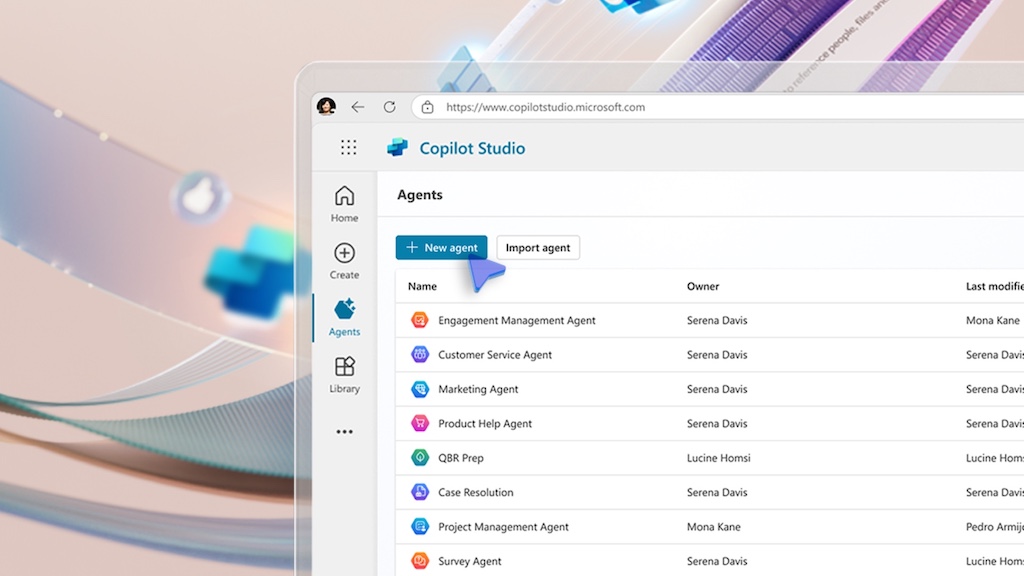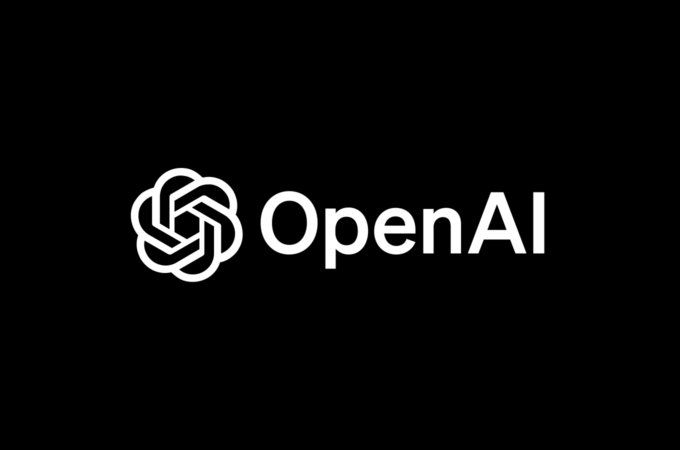
Microsoft Unveils Autonomous AI Agents, Intensifying Enterprise AI Competition
Microsoft has announced the upcoming release of autonomous AI agents, a move that could reshape the enterprise software landscape and intensify competition with rivals like Salesforce. Set for public preview in November, these AI-powered tools are designed to automate complex tasks across various business functions, including sales, service, finance, and supply chain management.
The tech giant is positioning these autonomous agents as “apps for an AI-driven world,” capable of handling client queries, identifying sales leads, and managing inventory with minimal human intervention. Unlike traditional chatbots, these agents can operate independently, making judgments based on a broader set of data and context.
Microsoft’s Copilot Studio, an application requiring little coding knowledge, will allow customers to create and manage their own AI agents. The company is also introducing ten pre-built agents to help with routine tasks such as expense tracking and client communications.
Early adopters have reported significant efficiency gains. McKinsey & Company, which had early access to the tools, created an agent that manages client inquiries by checking interaction history, identifying the appropriate consultant, and scheduling follow-up meetings. Pets at Home, a UK-based pet care business, developed an agent for its profit protection team that could potentially drive seven-figure annual savings.
This move comes as tech giants face increasing pressure to demonstrate returns on their substantial AI investments. Microsoft’s shares fell 2.8% in the September quarter, underperforming the S&P 500, though they remain over 10% higher for the year. The company has been aggressively pushing AI technology to users, leveraging models from its $13 billion partnership with OpenAI.
The introduction of autonomous agents is seen as Microsoft’s response to Salesforce’s recent launch of Agentforce, a similar platform for enterprise AI agents. This development signals an intensifying battle in the enterprise AI market, with both companies vying to shape the future of work and business processes.
As AI agents become more sophisticated, they may blur the lines between human and machine tasks, potentially reshaping organizational structures and job roles. However, challenges remain, including data privacy concerns and the need for transparent AI decision-making.
Microsoft assures that these new agents adhere to strict security, privacy, and responsible AI guidelines. The company envisions a future where every employee has a personalized AI agent, interfacing with a “sea of AI agents” to enhance productivity and decision-making across organizations.





